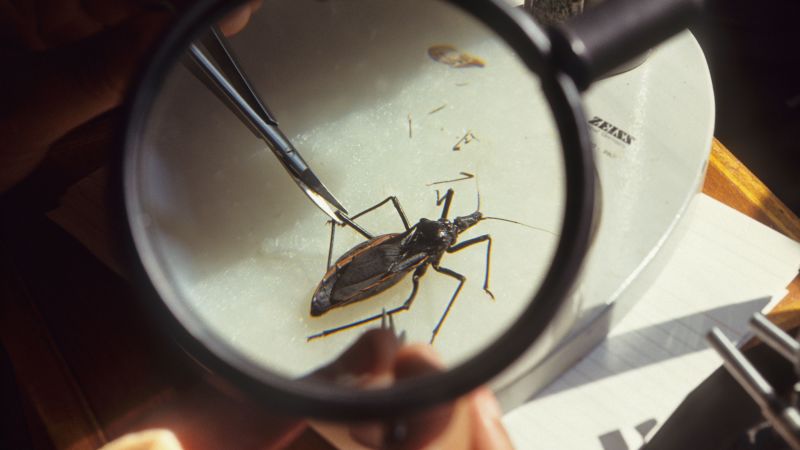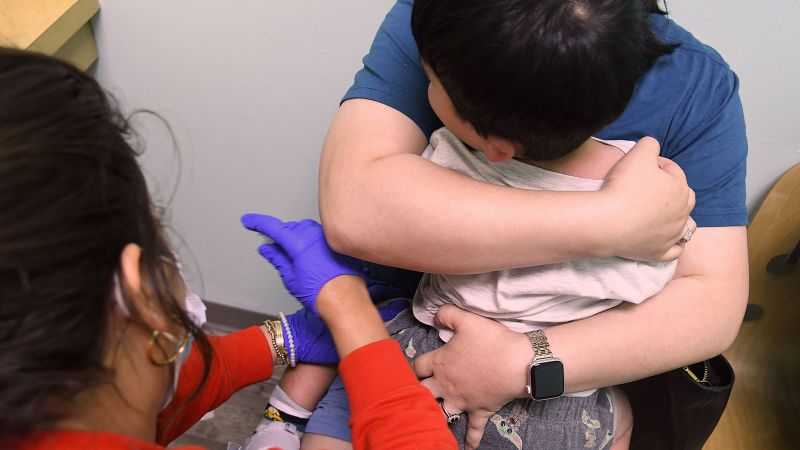
Chagas Disease: The Emerging Health Threat in the United States
Opinion | 9/16/2025
Chagas disease, a serious illness transmitted by kissing bugs, has taken root in the United States and is now deemed endemic by experts. This disease is caused by a parasite carried by these insects and poses a significant health risk to individuals. However, the lack of widespread acknowledgment of its perpetual existence in certain regions may lead to a rise in cases and preventable deaths.
Kissing bugs, also known as triatomine bugs, are the carriers of the parasite that causes Chagas disease. These insects typically bite humans on the face, particularly around the lips, hence the nickname “kissing bugs.” The parasite, Trypanosoma cruzi, is transmitted to humans through the bug’s feces, which contain the infectious agent.
Experts emphasize the importance of increased awareness and surveillance to curb the spread of Chagas disease in the US. Without a comprehensive understanding of the endemic nature of this illness, public health efforts may fall short in preventing new cases and addressing the existing burden of the disease. A White House official stated, “It is crucial that we prioritize research and public health initiatives to combat the spread of Chagas disease.”
Efforts to control kissing bugs and reduce the transmission of Chagas disease include insecticide treatment, housing improvements, and educational campaigns. These measures aim to minimize human-bug contact, ultimately reducing the risk of infection. Nonetheless, ongoing vigilance and a coordinated national strategy are essential to effectively tackle the spread of this potentially fatal disease in the US.
In conclusion, the emergence of Chagas disease as an endemic health concern in the United States underscores the need for proactive measures to mitigate its impact. By raising awareness, implementing targeted interventions, and fostering collaboration between health agencies, the nation can work towards minimizing the threat posed by kissing bugs and the disease they carry.


